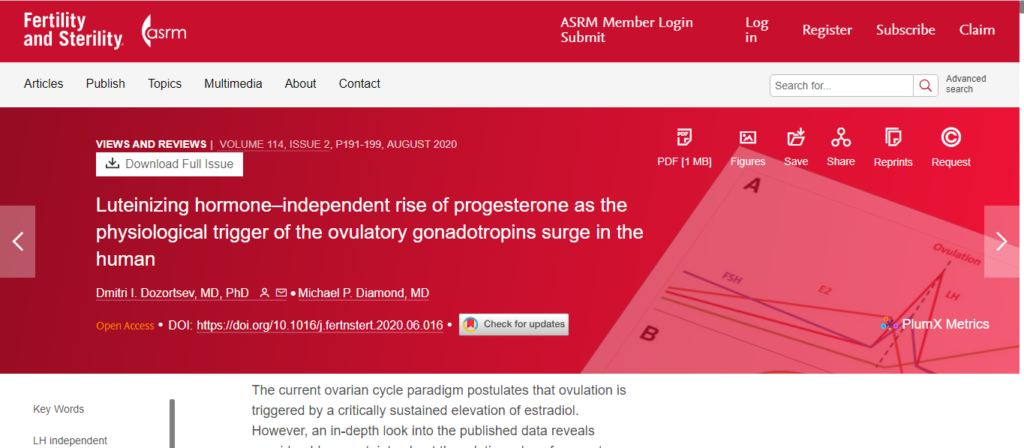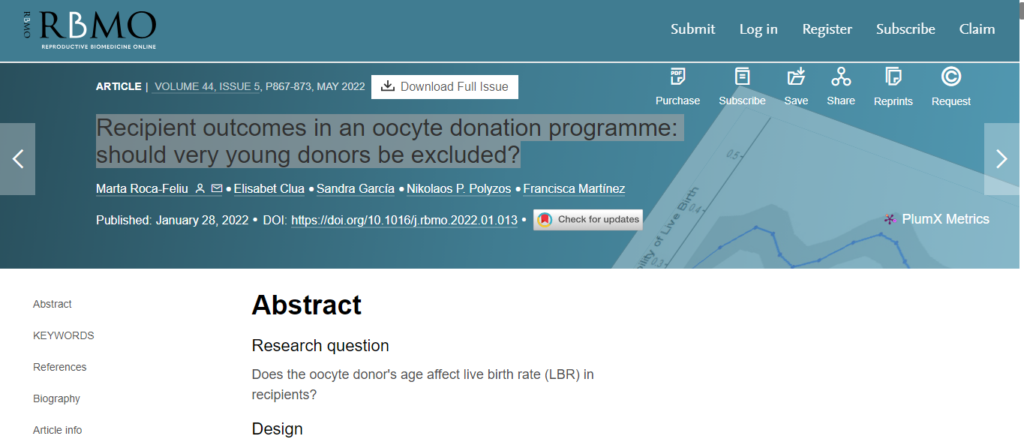Even if you aren’t trying to conceive yet, fertility testing can provide peace of mind and help you start planning for your future.
Around 10% of all people experience fertility problems. Luckily, fertility specialists can shed light on potential risk factors, diagnose reproductive health conditions, and offer expert advice on how to conceive effectively — whether naturally or by means of assisted reproductive technology options like intrauterine insemination (IUI) and in vitro fertilization (IVF).
Unfortunately, few people even consider fertility testing before they begin to actively engage in family planning. The typical line of thinking is that if you have been trying to conceive for at least a year without success, it might be time to speak with a fertility specialist. However, there are numerous advantages to starting the fertility testing process before you actively begin trying to conceive.
A Changing Trend in Family Planning
Today, people across generations are thinking about conception.
Major studies from 2018 and 2019 indicate that more women are delaying childbearing into their 30s and 40s than ever before and that forty-somethings are the only age group with increasing conception rates. At the same time, women in their 30s are now having more babies than women in their 20s. Given that fertility decreases with age, a wider range of people are working with fertility centers to ensure they have a successful pregnancy.
In light of rising average ages for conception, there is a strong case to be made for testing early. Patients who understand their fertility feel empowered when making family planning decisions in the future.
The Fertility Testing Process
Both men and women can undergo early fertility testing. Fertility testing involves a physical examination and occasional blood work to examine the key hormones related to fertility.
For women, fertility testing will focus on hormones including anti-mullerian hormone (AMH) — a hormone that can be measured even if you are on hormonal birth control — luteinizing hormone (LH), and follicle-stimulating hormone (FSH). Fertility specialists are then able to analyze potential problems with these hormones that may make it difficult to become pregnant in the future. You may also be asked to come in for multiple blood tests given that hormones fluctuate constantly, so it is important to make sure that you are getting an accurate picture of your base hormone level.
For men, the hormones that are tested include testosterone, FSH, and LH. Male fertility testing also typically involves a semen analysis, while female fertility testing involves an ultrasound of the uterus. The whole process will likely take under two hours and can leave you feeling more confident in your understanding of your fertility.
The Advantages of Early Fertility Testing
No time is too early to get tested, especially if you are seeking peace of mind. While there’s no test that can tell you assuredly whether or not you’ll ever be able to conceive, modern fertility testing provides advanced insights that can predict the body’s timeline with relative accuracy. Fertility testing can also pinpoint specific circumstances or conditions that may affect the likelihood of a successful pregnancy. Armed with this information, you can make your own fertility plan.
No matter the results of your fertility tests, the information provided can prepare you to ask the right questions of your healthcare practitioner and work together to develop a conception plan by assessing the many possible courses of action.
As one young woman put it, “Testing early means I don’t feel like I’m at the mercy of my biology —I feel like I’m in the driver’s seat.”
If you’re ready to start feeling empowered about your fertility — even if you are not yet considering conception — schedule an appointment with our highly experienced fertility specialists at the AFCT. Even if you are on birth control, we can provide insights into your fertility, diagnose any existing medical conditions that might impact your fertility, and provide family planning guidance in accordance with your short- and long-term goals.



